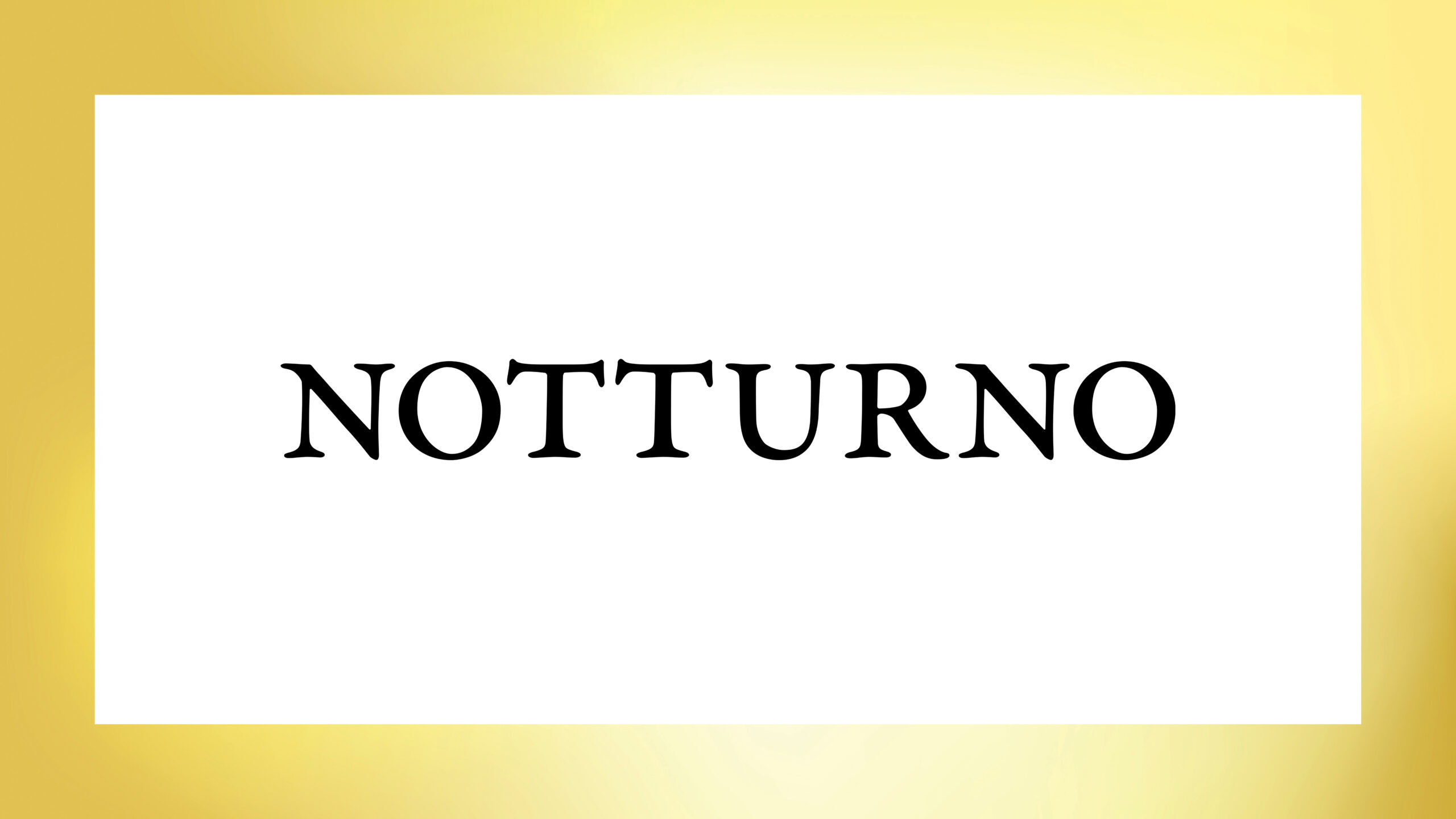For his documentary Notturno, Italian director Gianfranco Rosi did the unthinkable–spend most of his time in the field without a camera. “I remember my producer saying, ‘Are you crazy? …If something important happens you’re going to miss it!'” he recalls at Deadline’s Contenders Documentary awards-season event, adding with a laugh, “I said, ‘My life is […]For his documentary Notturno, Italian director Gianfranco Rosi did the unthinkable–spend most of his time in the field without a camera. “I remember my producer saying, ‘Are you crazy? …If something important happens you’re going to miss it!'” he recalls at Deadline’s Contenders Documentary awards-season event, adding with a laugh, “I said, ‘My life is […]FeedzyRead More
Full content below:
For his documentary Notturno, Italian director Gianfranco Rosi did the unthinkable–spend most of his time in the field without a camera.
“I remember my producer saying, ‘Are you crazy? …If something important happens you’re going to miss it!'” he recalls at Deadline’s Contenders Documentary awards-season event, adding with a laugh, “I said, ‘My life is about missing things constantly as a filmmaker.’ “
But to depict life in the Middle East in a new way–his aim in Notturno–Rosi felt it essential to explore first, meeting people who live within a background of war along the borders of Iraq, Kurdistan, Syria and Lebanon.
“I wanted [Notturno] to be a film of encounter,” he explains. “The people I met were completely accidental…I did months, months, months of research without the camera. And this for me was very important, to have myself completely free and not having this urgency of filmmaking.”
His patient approach allowed him to capture deeply moving individuals and indelible scenes: a grieving mother visiting the prison where her son was tortured, a Yazidi boy traumatized by ISIS atrocities, a psychiatric ward where occupants rehearse a play.
“When I film I don’t ask myself [if] I’m shooting fiction or I’m shooting documentary. I feel like I’m shooting life and my duty is to find that profound truth that is there in every single story,” Rosi says. “My obsession and my drive and my challenge…[is] to find something that is so profoundly intimate that becomes an archetype, that becomes something that is universal.”







